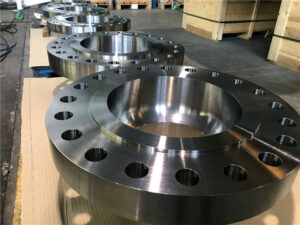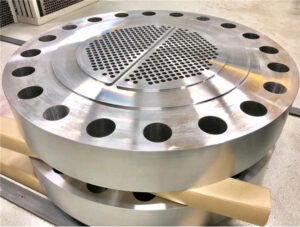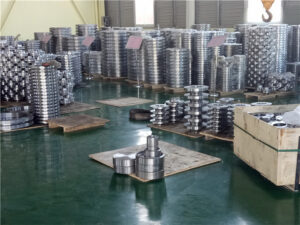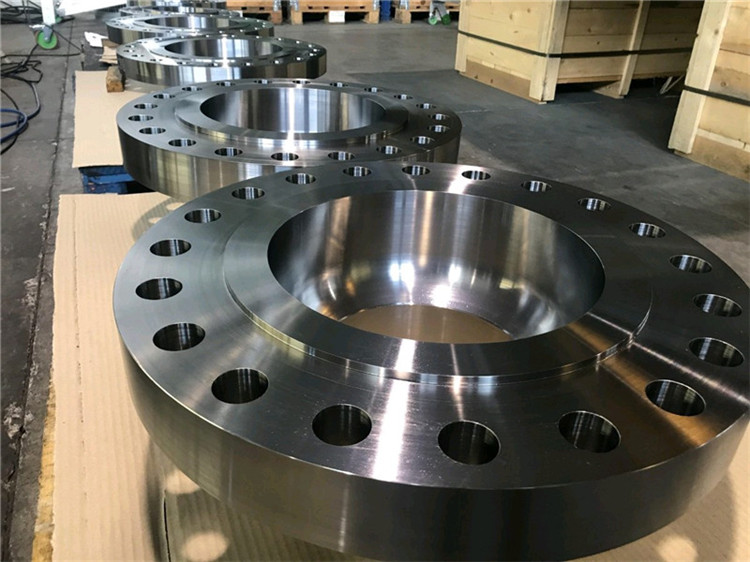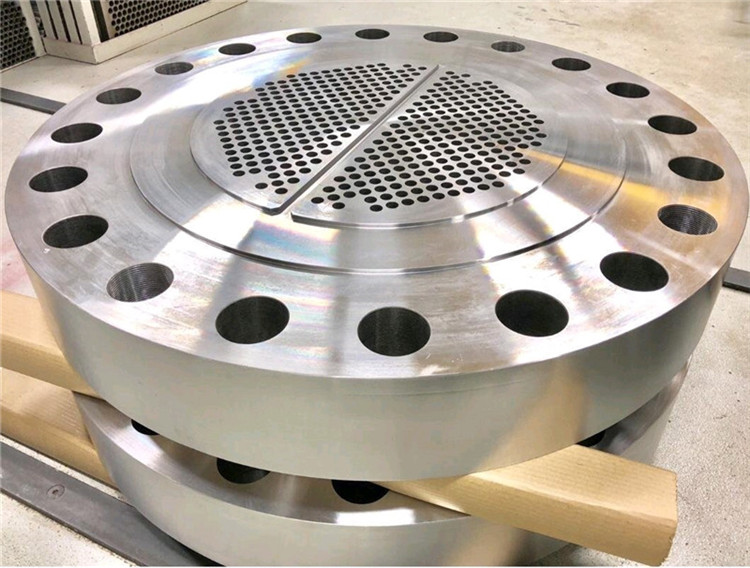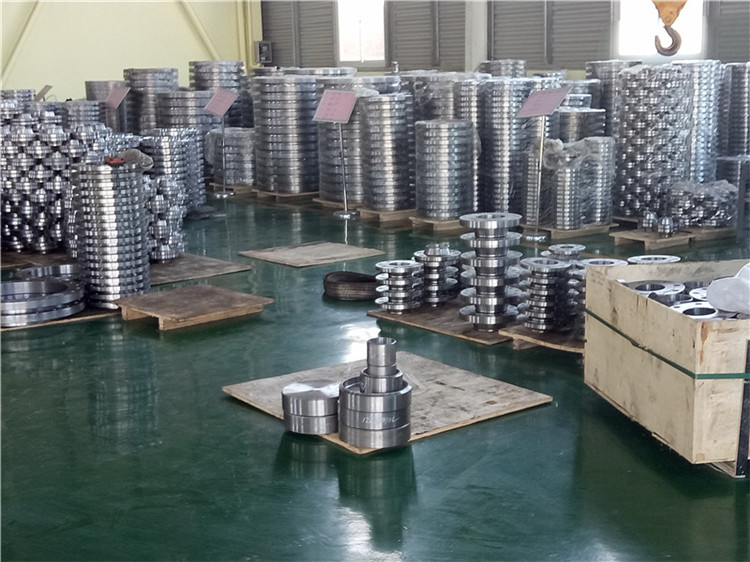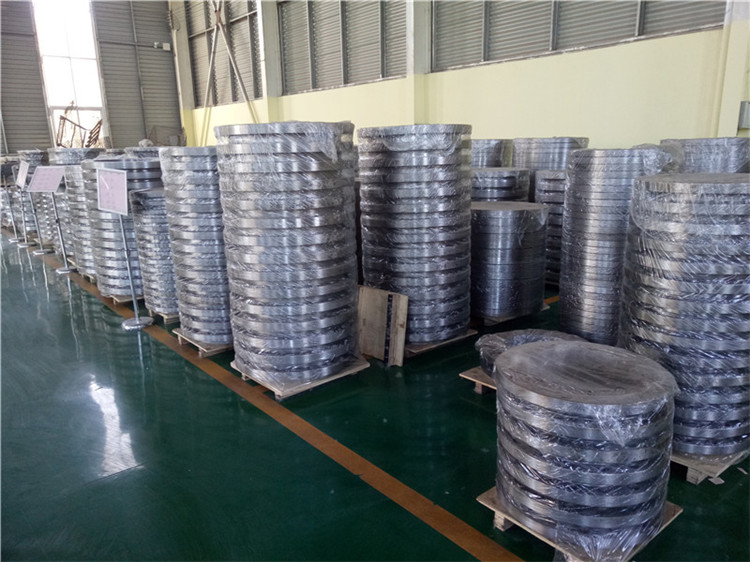The commonly used materials for alloy pipe fittings include the following:
- Stainless Steel
Characteristics: Stainless steel is highly corrosion-resistant and can maintain its integrity under extreme temperatures and pressures. It is ideal for applications where hygiene and corrosion resistance are critical, such as in food and beverage processing, chemical processing, and marine environments.
Common Grades: SS 304, SS 316, SS 321. Grades like 316/316L offer excellent chemical and salt resistance, making them suitable for marine applications.
- Alloy Steel
Characteristics: Alloy steel is engineered to have better mechanical and chemical properties to withstand high temperatures and pressures. It provides enhanced strength and resistance to wear and tear compared to ordinary carbon steel.
Common Grades: Grades such as ASTM A234 WP1, WP5, WP9, WP11, WP22, and WP91 are used in high-temperature and high-pressure conditions, such as in power plants and refineries. Chromium-Molybdenum (Cr-Mo) alloys, like ASTM A335 P1, P5, P9, P11, P22, and P91, are known for their heat resistance and are ideal for boiler and pressure vessel applications.
- Special Alloys
Monel:
Characteristics: Monel alloys are highly resistant to corrosion, especially in marine environments. They can handle both acidic and alkaline conditions.
Common Grade: Monel 400 is used in marine, chemical, and power generation industries.
Titanium:
Characteristics: Titanium is known for its exceptional strength-to-weight ratio and corrosion resistance. It is ideal for high-performance applications where weight and corrosion resistance are critical.
Common Grades: Titanium Grade 2 and Grade 5 (Ti-6Al-4V) are used in marine, chemical, HVAC systems, aerospace, and medical implants.


